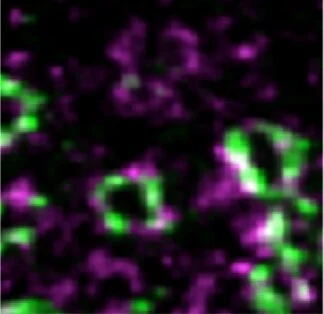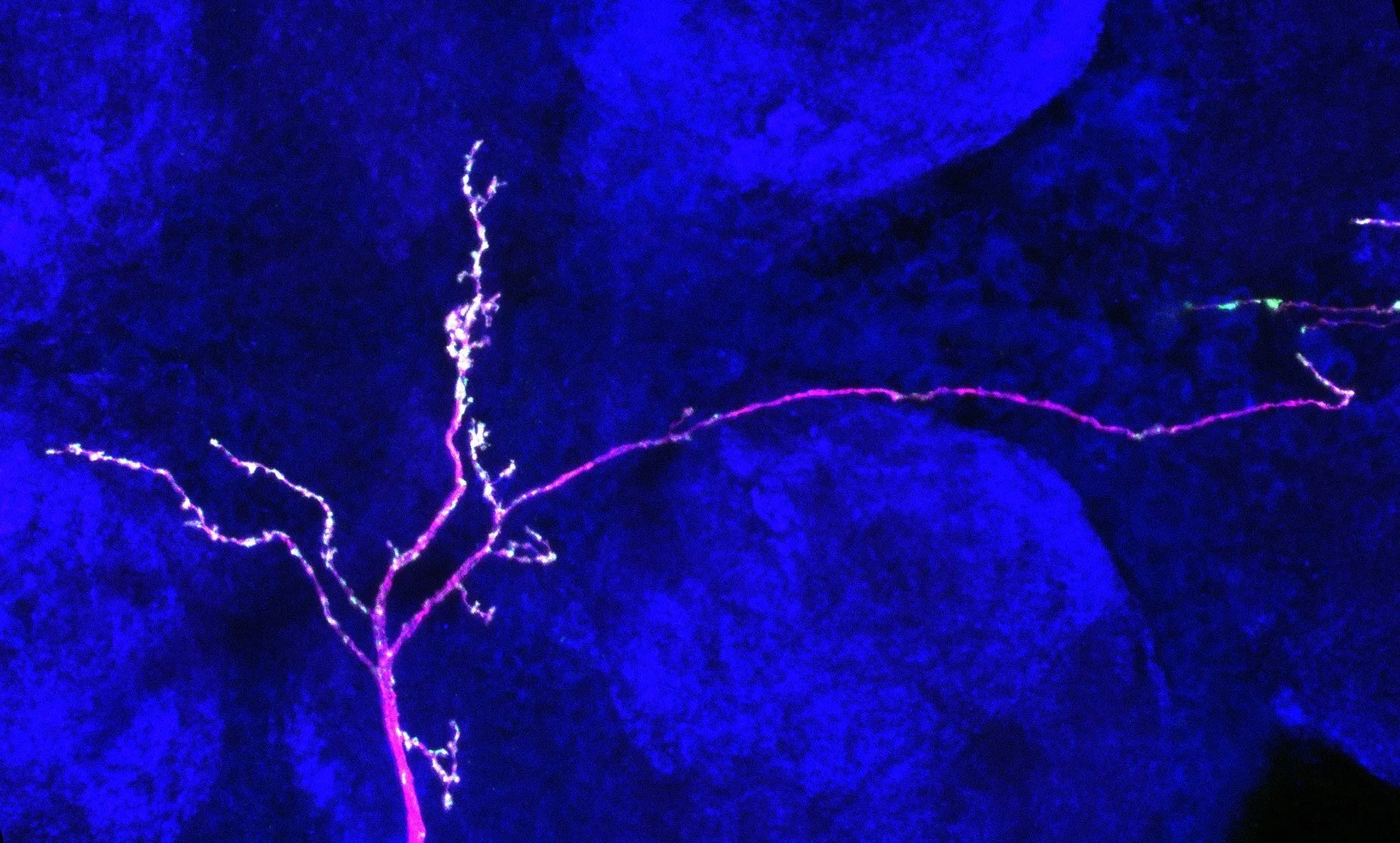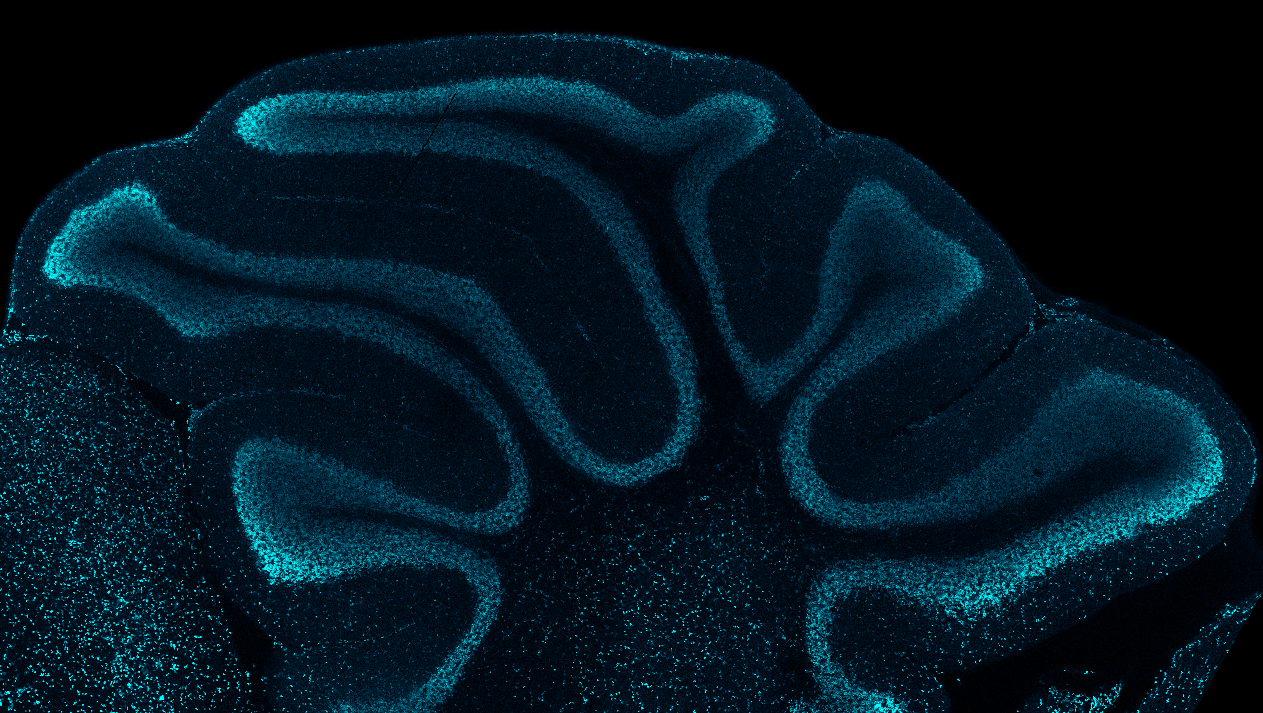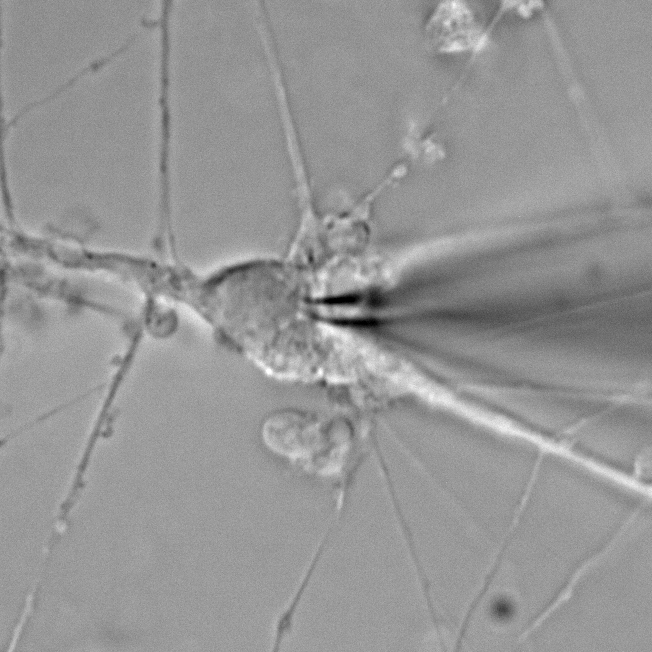Our research
Homeostasis refers to a regulatory process that stabilizes dynamic systems to counteract perturbations. Our research focuses on the dissection of molecular mechanisms stabilizing synaptic transmission through transsynaptic homeostatic plasticity. We employ a combination of genetic screens in Drosophila melanogaster and quantitative analysis of synaptic function and structure in Drosophila and mouse brain slices to uncover new molecular mechanisms underlying homeostatic plasticity. Furthermore, we analyze neural excitability and ion channel biophysics in neuronal cultures derived from patients with neurodevelopmental symptoms.
Current projects
Proteostasis & synaptic homeostasis
What are the links between proteostasis and homeostatic plasticity?
Learn more
Transsynaptic nano-architecture
Which mechanisms regulate trans-synaptic nano-architecture during homeostatic plasticity?
Learn more
Compartment-specific synapse formation
How is synapse formation robustly specified at the subcellular level in CNS axons?
Learn more
Rapid CNS homeostasis
Which mechanisms underlie rapid homeostatic stabilization of CNS circuit function?
Learn more
Neural excitability & disease
How does homeostatic control of neural excitability relate to neural pathology?
Learn more





